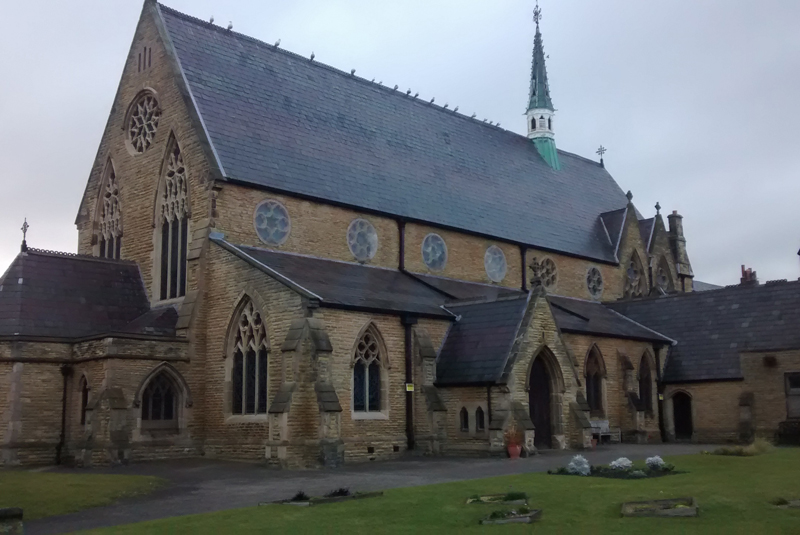
As part of its long awaited refurbishment, seven of Smith’s Caspian UV fan convectors have transformed the heating system of St Nicholas’ Church in Blundellsands, Merseyside.
The contractor, Colin Wakefield from Wakefield and Wilson, selected Smith’s Caspians because a modern, flexible heating solution was needed to suit the requirements of the church. He specified four units for the large hall, two for the small hall and one to be installed in the reception area.
The new heating system enabled each room to be heated separately. The temperature of each Caspian can be adjusted to suit the varying heat output requirements so that during the colder months, the temperature can be increased on each unit to ensure that the whole space is heated effectively. This provides the church with a much more efficient and cost-effective solution.
 The church was founded on 25th September 1874 and is part of the Diocese of Liverpool. It plays host to a wide range of services for people of all ages, so ensuring that the building is warm and comfortable when in use is very important. As well as the main church building, there are two halls and a council chamber which are also hired out for clubs and events.
The church was founded on 25th September 1874 and is part of the Diocese of Liverpool. It plays host to a wide range of services for people of all ages, so ensuring that the building is warm and comfortable when in use is very important. As well as the main church building, there are two halls and a council chamber which are also hired out for clubs and events.
The original heating system consisted of one boiler, which meant that in order for one room to be heated, the rest of the building had to be heated too. The temperature of the rooms could not be individually controlled, so it worked under a ‘one temperature fits all’ basis and this is a problem that regularly occurs in commercial buildings.
Colin Wakefield said: “Having worked with Smith’s previously, I knew that the Caspian UV fan convectors would be the perfect solution for this church. The Caspians’ heat outputs, efficiency and low noise make them the ideal product for a church environment.”
Unlike a conventional panel radiator, the fan convector provides more even temperature spread and much faster warmth. The small fan means that the heat produced is distributed using forced, rather than natural, convection and consequently this makes it far more responsive to thermostatic controls.
For more information, visit: www.SmithsEP.co.uk













